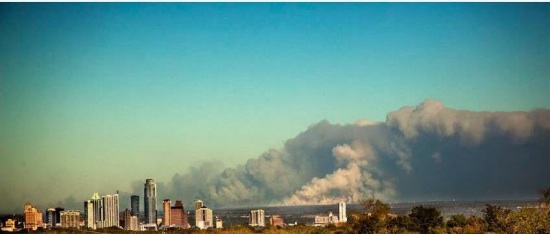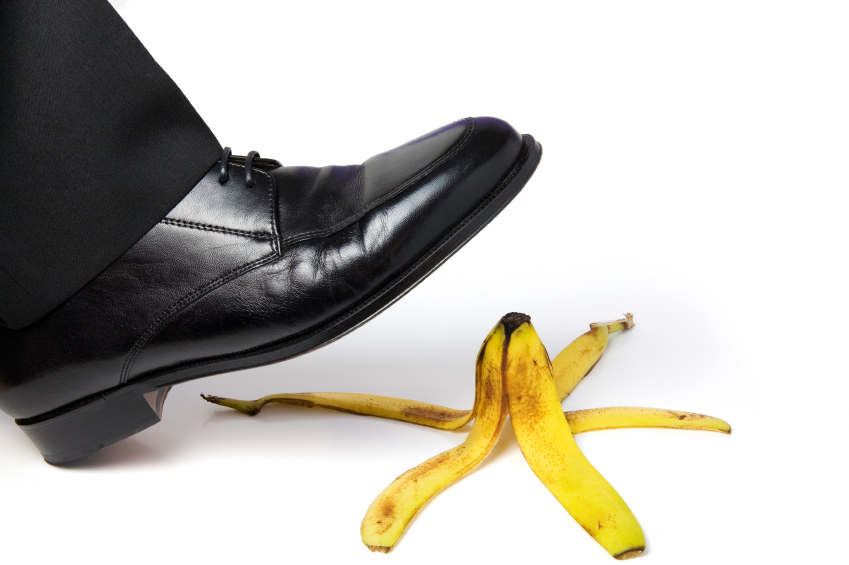Climate Science
All Stories
-
The Onion nails core dilemma of tackling climate change
As individuals, how can we face the existential threat of climate change when we are continually reminded that everything we do -- the very act of living -- inexorably contributes to our own undoing? It’s sort of the world’s most angst-inducing question, which is why the Onion’s take on it is so genius.
-
Firsthand accounts from inside Texas' raging inferno

Texas, which is rapidly turning into just the sort of desert we were promised it would soon be, has already seen a year of record-breaking drought and out-of-control wildfires. Now the flames are threatening residential areas, even the state capital itself.
-
Nothing says eco-tourism like a 21-foot crocodile
What do you do with a suspected man-eating crocodile the size of a small aircraft? Make it the highlight of an eco-tourism park. At least, that's what wildlife authorities in the Philippines are doing with a 21-foot crocodile they caught this weekend. Lord, if only Steve Irwin were here to see this.
-
Dirty 'hoods: Is your neighborhood bad for the climate?
Even dense urban areas like New York and Toronto harbor enclaves of high per capita emissions -- and they all have one thing in common: wealth.
-
Texas' official water plan defiantly includes no mention of climate change
The last time Texas created a long-term water plan, in 2007, it conspicuously and controversially left out any mention of the effects of climate change on the state's water resources. In the midst of a drought of biblical proportions, one line from that report in particular stands out:
When considering the uncertainties of population and water demand projections, the effect of climate change on the state’s water resources over the next 50 years is probably small enough that it is unnecessary to plan for it specifically.
-
Do climate shifts spark wars?
A study published a little while back in Nature found an association between shifts in climate (in this case, shifts associated with El Niño) and international conflict. The researchers' hypothesis was that El Niño was messing with people's psyches and also creating economic shocks by tweaking food prices, dredging up storms, and fostering disease. These effects tend to make people a little testy and, boom!, conflict.
But, as Sarah Zielinski writes at Smithsonian, it's too simple to say that climate change will cause war:
-
Conservatives just as wrong on climate economics as they are on climate science
The media have been taking note of Republicans' denial of climate science, but so far they're ignoring Republicans' denial of climate economics.
-
The 'radical' faces of climate change
Another tactic for dealing with climate skeptics is to point out the many well-respected, decidedly non-radical institutions that take science seriously.
-
Tar-sands protests go global
Protests against a proposed tar-sands pipeline broke out across the globe today.
-
Conservative pundits grapple with 'anti-science' charge, flail
Conservatives are trying to defend their movement against the charge that Republicans are "anti-science." They started off badly and are getting worse.








